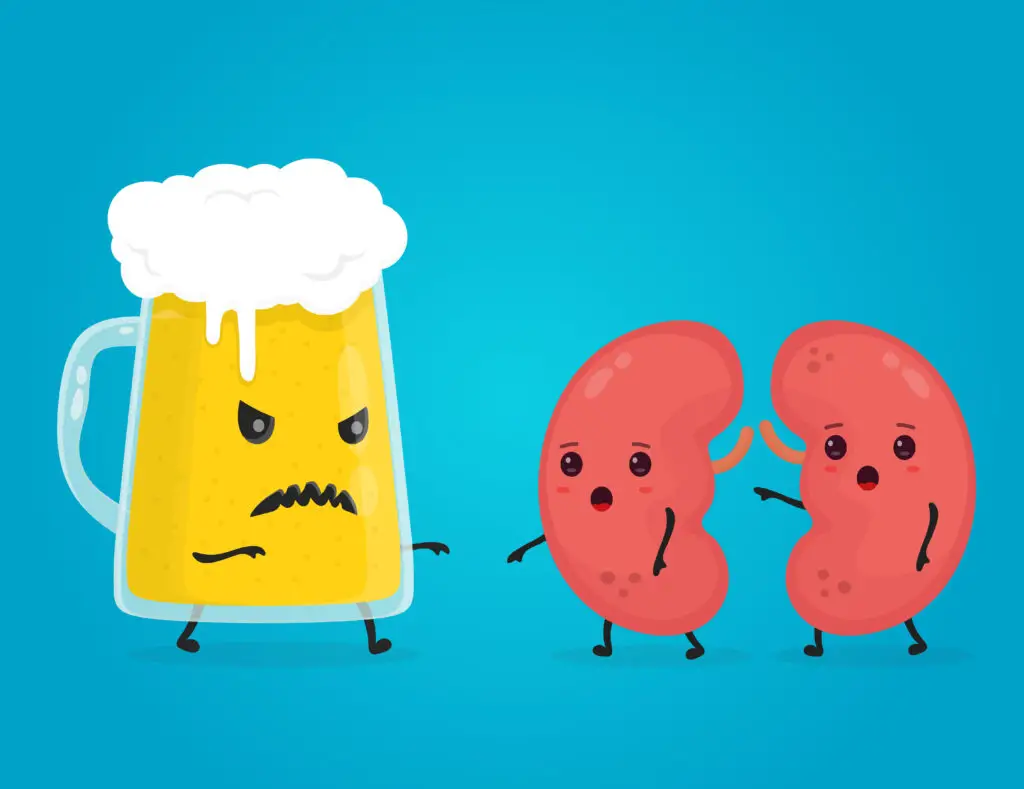Table of Contents
“Hey, I just received a cancer diagnosis,” one of your loved ones said awkwardly.
Struck by the news, you ask yourself, “Are comforting words appropriate? How should I show my support? What acts should I avoid doing, and what should I do?”
Neither of us wants to hurt their feelings. But what do you say to someone with cancer?
Things you may prepare for yourself
Before answering the question, try to clear up your thoughts and emotions first. The last thing we want to do is to disturb their mood. So, staying as stable as possible helps you become the strongest support for your loved one.
After calming ourselves down, we could try to understand the situation of our loved ones. We would know exactly what kind of cancer they have and what treatment they will receive.
Last but most importantly, put yourself in their shoes. It may sound cliche, but sometimes the simpler it sounds, the harder it is to achieve. Try to reverse the positions, and imagine what words you would want to hear from your loved ones in this situation.
What to say when someone is diagnosed with cancer
We all want to do more than just stay with them, but at the same time, we may still be afraid that our words may harm their feelings. If you have the same worries, below are some suggestions that could help you. Remember, sometimes, the most supportive messages are sincere and positive.
Words to show your support
- We’re all in this together.
- I’d love to spend time with you when you feel like having company.
- I want you to know I’m cheering you on, no matter what you are going through.
- I’m so glad I can be part of your life, and I’m ready to do all I can to support you.
Words to show your sincerity
It’s OK if you don’t know what to say. Acknowledging that we are too shocked to express our ideas is also a choice. In this case, you may consider saying the following words.
- You are never alone.
- I love you, and I care about you. I’ll be your shelter whenever you need me.
- I wish I knew what to say. But right now, I only want you to know that I’ll always be here for you.
- I can’t feel how you feel right now, but I’d love to listen whenever you need me.
Words you should avoid saying
It’s also important for us to know what kind of message we should avoid. As we all know, words are invisible swords, hurting others without seeing the injury. So here are some bottom lines we should not cross.
- Avoid sentences starting with “I know……”. Empathy is what we try to do, but the truth is that we are not them. There might be some feelings we can’t relate to, so we shouldn’t compare ourselves with them.
- “Good luck with your treatment.” The intent of this sentence may be good, but it could sound ironic to them since receiving a cancer diagnosis is the opposite of luck from the beginning.
- “How long can you live?” I know what you are concerned about. You want to treasure the moments you spend with your loved ones. But being straightforward may be the last option now.
- “There must be a reason for God to choose you.” There is no denying that we confront challenges in our life journey. But we believe that no one would ever want to put their lives in this kind of danger.
What to say to someone going through chemo or treatment?
Knowing and receiving the news about cancer is one thing; going through chemotherapy or other treatment is quite another. At this point, the patient is experiencing more physical and mental stress, pain, and fear. So showing our support through words and actions is equally important in this phase.
Words to show your sincerity and support
- Hey, I just want you to know that my shoulders are here for you to lean on whenever you need it.
- Things may be overwhelming, but we are handling this together.
- I am praying and thinking of you every day.
- Let’s write down things you want to do in the future. I’m so excited to see one day you can accomplish these.
Words you should avoid saying
- Sentences that mention cancer, disease, sickness, or even death. Those are the enemies they are fighting for, and we don’t have to remind them what they must face every day. Just stay with them and fight this battle together.
- Sentences that teach them to be strong. We all know that the patient needs to be strong enough to weather this storm, but if they know how important it is, we shouldn’t bother them by repeatedly telling them how important this concept is.
- Sentences that give them additional pressure. We both know that stress is the least they need. So sentences such as “I know you can do it.”,” You can go through this.”,” You can be healthy again.” and “Never give up.” may be out of options in this phase.
What to do for someone with cancer?
Not only can we offer emotional support, but we can also offer practical help for our loved ones. But, like words, there are some “do’s” and “don’ts” to follow. Below are some suggestions for you when considering what to do for someone with cancer.
Acts you could do
- Be a good listener and respect their feelings.
- Leave some private spaces and time for them.
- Gentle advice if they ask for it.
- Appropriate “skinship” or physical touch to show your care. A hug, a kiss, a handshake, etc.
- Paying full attention while they are speaking and sharing stories with us.
- Keep your relationship and interactions as normal as possible.
Acts you should avoid doing
- Incorrect information is unnecessary. Hope is what we need in our lives. But for someone with cancer, regaining hope is an exhausting process. To avoid breaking their confidence, any information should be carefully examined.
- Inappropriate jokes. There’s no denying that humor can ease the tension. But under circumstances like this, every joke should be carefully designed and examined. Sometimes what you think is funny may be the opposite for those going through cancer treatment.
- Filling words into all the conversations. Sometimes silence is needed not only for your loved ones but also for you. It leaves you more time to absorb new information, pick up thoughts, and reflect on your feelings.
- Compare their situation to others. While you may believe it is encouraging for them to hear about others, for someone with cancer, pain is not comparable, and every life-fighting experience is unique.
- Judge their feelings. Frustration, anger, shock, anxiety, and loneliness are normal responses. We should leave enough space for them to let out their feelings.
What other help can we offer to someone with cancer?
Reaching out for help is not an act of incompetence; it’s an act of bravery. Acknowledging our weaknesses is the pivotal point for us to become strong. So, if you and your loved ones need help or someone to talk to, here are some resources.
- American Cancer Society: Here, you can find stories about other people going through the same process and their fight against cancer.
- American Association for Cancer Research: While the website is focused on cancer research, you could also upload your and your loved one’s stories. By doing so, you may inspire people receiving the same cancer diagnosis.
- CancerCare: It’s easy to find the resources you need from the category at the top of the website. It also has a podcast program to guide you through this difficult time.
- Cancer Support Community: It’s never a lonely fight. Whether you are someone with cancer or the one accompanying your loved one, you can find your community here.
- Macmillan Cancer Support: It’s a good place for someone who’d like to share and discuss with someone having the same condition. Here you can find some forums and also blogs to write your own thoughts.
Summary
“Hey, I just received a cancer diagnosis,” said awkwardly by one of your loved ones.
Struck by the news, you stand still and stare straight. But at this point, you know that words expressing your sincerity would be appropriate to show your support.
No one wants this to happen. But when it does, I genuinely hope this article can give you some thoughts about what do you say to someone with cancer.

















Comments
0